The best VITAMINS for chickens
by Jennifer Behm – Chicken farmer| Last Updated – 27 December 2020
The total objective of the layer industry is to accomplish the best performance, feed utilization and also wellness of birds. All nutrients including proteins, fats, carbs, vitamins, minerals and water are important for these crucial functions, however, vitamins have an additional dimension. They are required insufficient levels to allow the pet to successfully use all various other nutrients in the feed. For that reason, optimum nutrition occurs only when the bird is supplied with the appropriate mix of macro-and micronutrients in the feed and is able to successfully use those nutrients for its growth, health, recreation and survival.
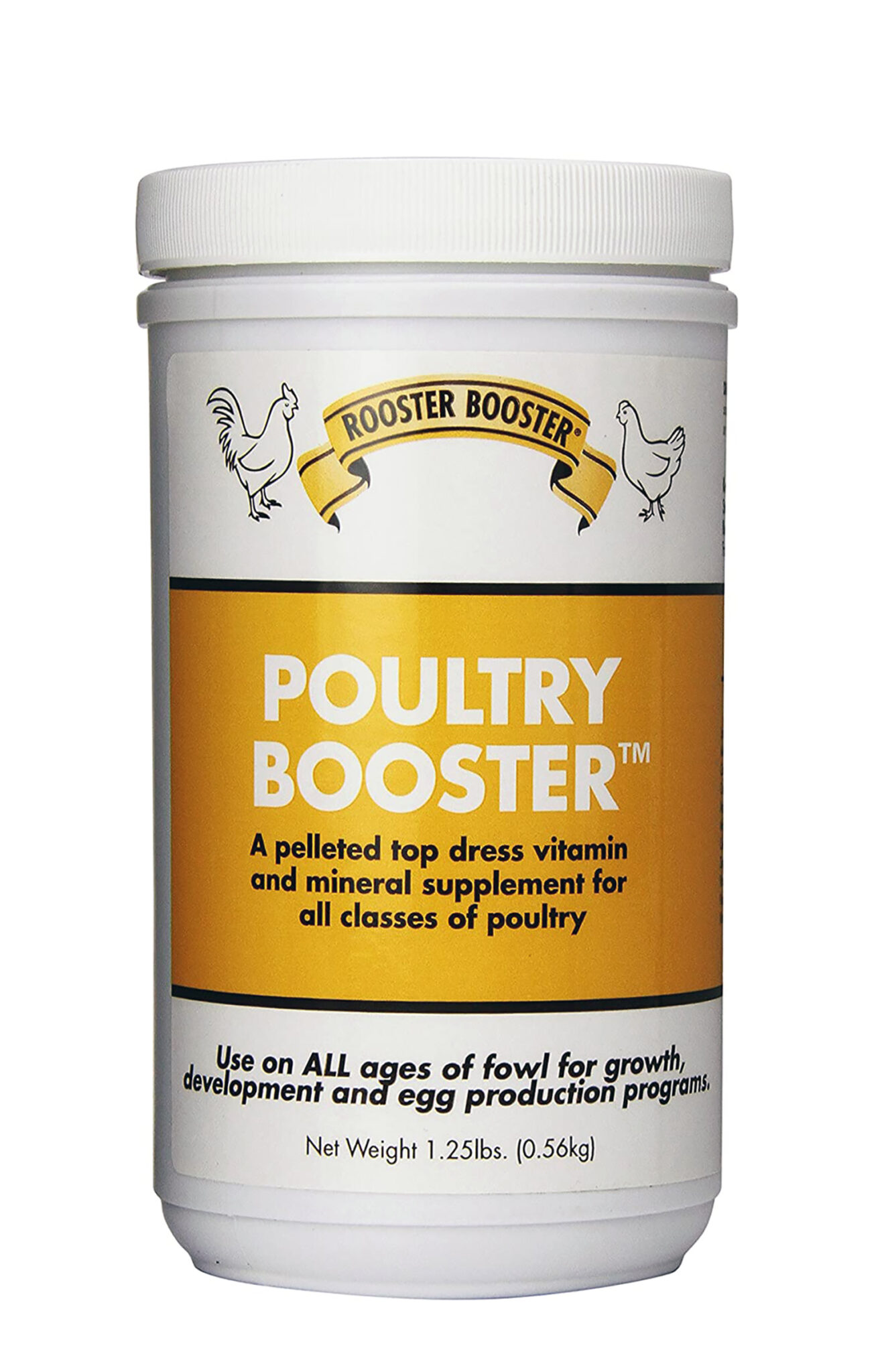
Vitamins are active substances, essential forever of also pets. They belong to the trace elements and also are required for typical metabolic rate in pets. Vitamins are essential for optimal health and wellness as well as normal physical features such as development, growth, upkeep and also recreation. As most vitamins can not be manufactured by fowl in sufficient amounts to meet physical needs, they should be obtained from the diet regimen. Vitamins are present in lots of feedstuffs in trace elements and also can be taken in from the diet throughout the gastrointestinal procedure. If missing from the diet or improperly soaked up or made use of, vitamins are a source of certain shortage conditions or syndromes.
Typically, vitamins have been divided right into 2 groups based upon their solubility in lipids or in water. The fat-soluble team consists of vitamins A, D, E and also K, while vitamins of the B complicated (B1, B2, B6, B12, niacin, pantothenic acid, folic acid and biotin) and also vitamin C are categorized as water-soluble. Fat-soluble vitamins are located in feedstuffs in association with lipids. The fat-soluble vitamins are absorbed together with dietary fats, obviously by systems similar to those associated with fat absorption. Water-soluble vitamins are not related to fats, as well as alterations in fat absorption do not influence their absorption, which generally happens via simple diffusion. Fat-soluble vitamins may be kept in the animal body. On the other hand, water-soluble vitamins are not saved, and also extras are quickly excreted.
It is currently well recognized by the feed sector that the minimum nutritional vitamin degrees needed to avoid professional deficiencies may not sustain maximum wellness, efficiency and welfare of poultry. The reasons for this are manifold: The productivity of poultry farming remains to grow through hereditary enhancement of the breeds and with adjustments in nourishment, administration as well as husbandry, which significantly increase the demand for vitamins. Additionally, intensive chicken production might produce a particular level of metabolic, social, environmental and illness anxieties, triggering sub-optimal efficiency as well as greater sensitivity to vitamin deficiencies. The contamination of the feed with mycotoxins and also vitamin villains can restrict or perhaps block the action of particular vitamins. Any one of these variables, varying from the pets’ genetic history and wellness standing to management programs as well as the structure of the diet plan, can independently or collectively influence the demand for every vitamin. As intake and application of vitamins from natural resources are unpredictable owing to different components of vitamins in the feedstuffs (dependent on expanding environment and also harvesting time of crops, handling and also storage problems of feed ingredients) and variable vitamin bioavailability, it is safer to cover the total vitamin demand of fowl with nutritional supplements.
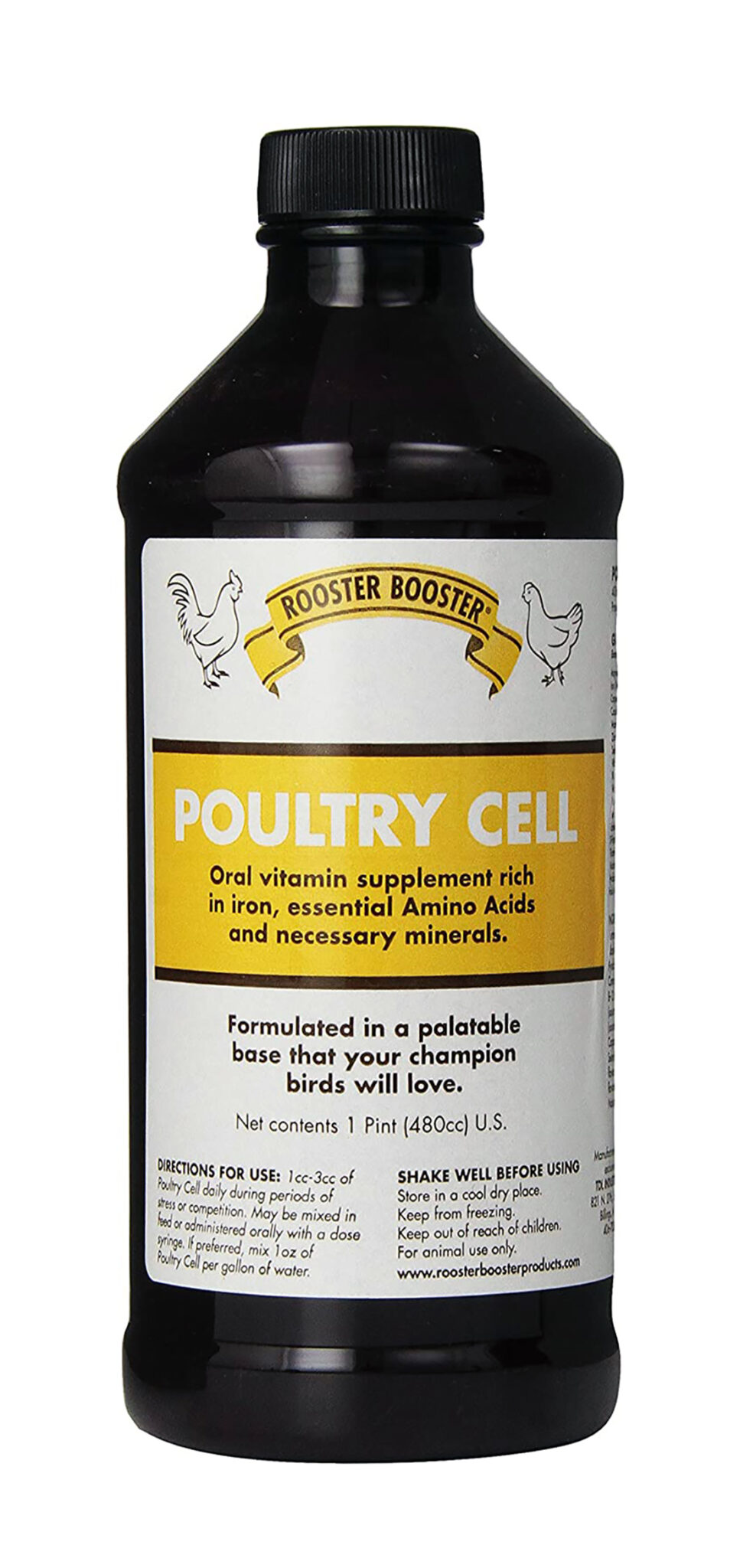
More than ever before, the layer market is presently dealing with the difficulty to boost efficiency in order to remain competitive in today’s cost-driven setting. The good news is, high-performing layer types with better efficiency patterns, maximized feed conversion abilities and also good health and wellness qualities are readily available. But in order to enable the birds to perform approximately their hereditary capacity, their nourishment as well as specifically their vitamin supply requires to be enhanced. Specifically, B vitamins are required for effective nutrient use, as well as along with vitamin An is necessary to support the chickens’ metabolic task for upkeep as well as high laying efficiency. Additionally, both vitamins C and E enhance the birds’ resistance to stress, and also aid sustain wellness and longevity. Details benefits associated with superior egg top quality can be accomplished if supra-nutritional degrees of vitamin E are contributed to the feed of laying chickens. And lastly, substantial vitamin D activity is needed in order to sustain adequate skeletal development and also to avoid leg issues of numerous origins.
The optimum vitamin supplements levels are given up the table below.
| Vitamins (added to air-dried feed) | Replacement pullets | Laying hens |
|---|---|---|
| Vitamin A (IU/kg) | 7 000–10 000 | 8 000–12 000 |
| Vitamin D3 (IU/kg) | 1 500–2 500 | 2 500–3 5001 |
| Vitamin E (mg/kg) | 20–30 | 15–302 |
| Vitamin K3 (mg/kg) | 1–3 | 2–3 |
| Vitamin B1 (mg/kg) | 1.0–2.5 | 1.0–2.5 |
| Vitamin B2 (mg/kg) | 4–7 | 4–7 |
| Vitamin B6 (mg/kg) | 2.5–5.0 | 3.0–5.0 |
| Vitamin B12 (mg/kg) | 0.015–0.025 | 0.015–0.025 |
| Niacin (mg/kg) | 25–40 | 20–50 |
| Pantothenic acid (mg/kg) | 9–11 | 8–10 |
| Folic acid (mg/kg) | 0.8–1.2 | 0.5–1.0 |
| Biotin (mg/kg) | 0.10–0.15 | 0.10–0.15 |
| Vitamin C (mg/kg) | 100–150 | 100–200 |
| Hy•D® (25-OH D3) (mg/kg) | 0.0693 | 0.0693 |
| Choline (mg/kg) | 200–400 | 300–500 |
1 Do not exceed 3000 IU D3/kg feed when using Hy•D®
2 Under heat stress conditions: 200 mg/kg
3 Local legal limits of total dietary vitamin D activity need to be observed
Source: DSM Vitamin Supplementation Guidelines, 2006; Optima Nutrición Vitamínica de los animales para la producción de alimentos de calidad, 2002
read more:
What is the best vitamin mineral supplement?

What vitamins should I give my chickens?
One of the common issues when it come to yard flocks relates to bad or insufficient feeding programmes that can cause vitamin and mineral deficiencies for the birds. Minerals and vitamins are very essential elements of a hens diet plan and unless a created supply is feed, it is likely that deficiencies will certainly happen.
Poultry require all understood vitamins except C. Some vitamins are soluble in fats, while others are soluble in water. Some of the signs and symptoms of a vitamin shortage are as complies with:
Fat-Soluble Vitamins
Vitamin ADecreased egg production, weakness as well as lack of development
Vitamin DThin shelled eggs, lowered egg manufacturing, retarded development, rickets
Vitamin EEnlarged hocks, encephalomalacia (crazy chick disease).
Vitamin KProlonged blood clot, intramuscular bleeding.
Water-Soluble Vitamins.
Thiamine (B1) Anorexia nervosa as well as death.
Riboflavin (B2) Curly-toe paralysis, poor growth and also poor egg manufacturing.
Pantothenic AcidDermatitis and sores on mouth and also feet.
NiacinBowed legs, inflammation of tongue and mouth tooth cavity.
CholinePoor growth, fatty liver, reduced egg production.
Vitamin B12Anaemia, bad growth, embryonic death.
Folic AcidPoor growth, anemia, poor feathering as well as egg production.
BiotinDermatitis walking and also around eyes and beak.
Minerals are likewise crucial to wellness and also the well-being of chicken. The following are a few of the crucial minerals as well as signs of mineral shortages.
Minerals.
CalciumPoor eggshell top quality and also inadequate hatchability, rickets.
PhosphorusRickets, poor eggshell quality and hatchability.
MagnesiumSudden death.
ManganesePerosis, poor hatchability.
IronAnaemia.
CopperAnaemia.
IodineGoitre.
ZincPoor feathering, brief bones.
CobaltSlow development, mortality, minimized hatchability.
As suggested over, minerals and vitamin deficiencies can create many health issues for hens including in some cases, fatality. Thus, to prevent nutritional deficiencies, or when shortage signs are noted, feeding a balanced chicken diet plan with the needed nutrients ought to be practiced.
What is the best calcium supplement for chickens?
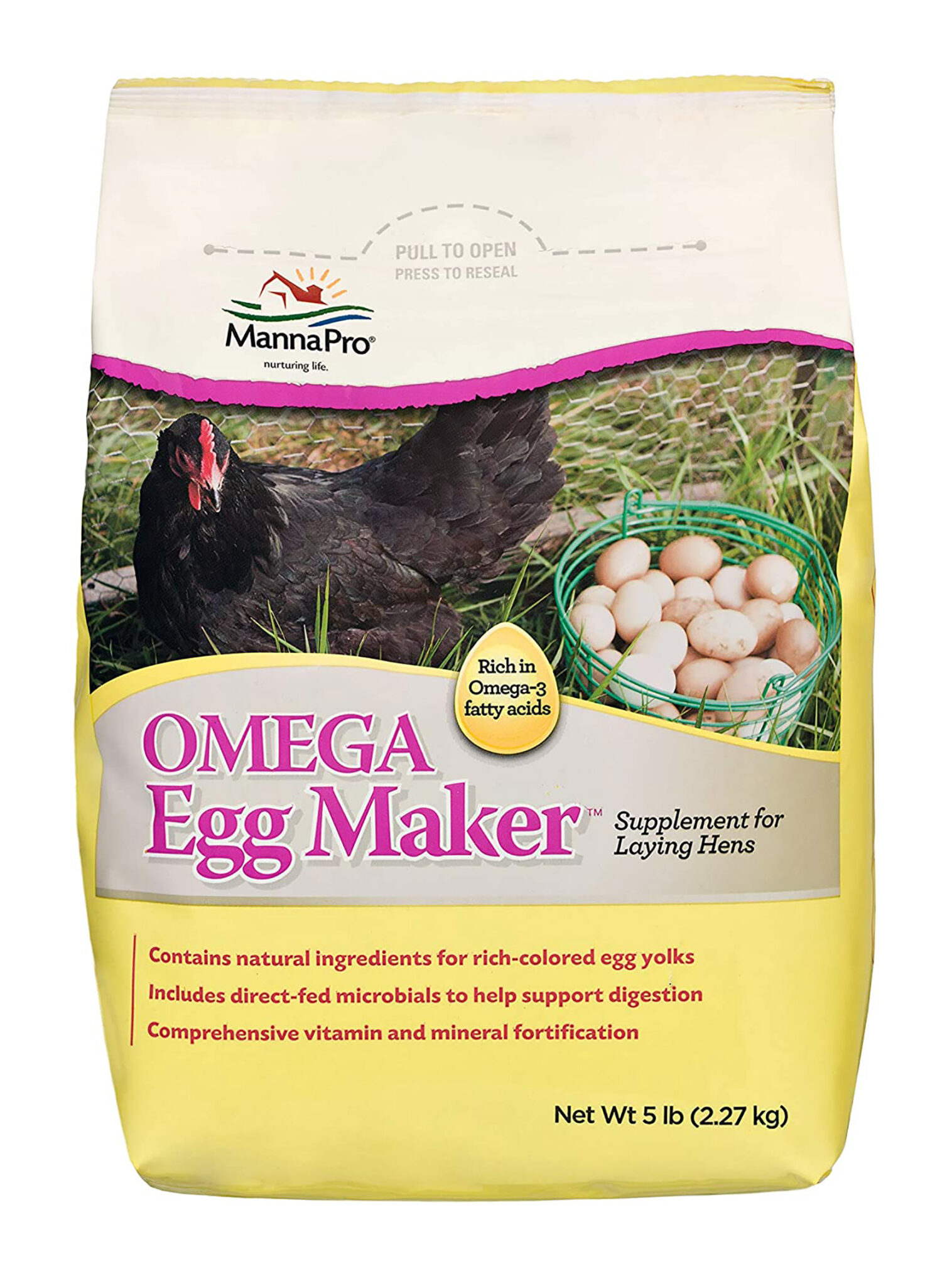
The shell of each egg that your hens are laying is comprised of nearly 95% calcium carbonate by dry weight. To produce hard eggs, your poultry will be eating up 20 times the quantity of calcium in one year than the amount of calcium that is included in her real bones. As their keeper, it is your obligation to make sure each chicken is taking in a consistent supply of calcium in her diet plan.
DON’T Feed Egg Shells
There are some hen owners that swear by reusing eggshells and feeding them back to their flock. Some individuals may squash these prior to feeding. Feeding your chickens their eggshells may seem like a convenient method to recycle them, yet there are a number of health dangers that will be brought upon them.
- Risk of salmonella for hens. Salmonella can be found on the within and beyond eggs. The kicker? Salmonella can be on eggs that appear to show up totally regular. Feeding your chickens eggshells infected with this bacterium can create this in some cases fatal health problem. Some people avoid this by cooking their eggshells prior to feeding, however, that is not constantly reliable as well as is a taxing procedure
- Risk of salmonella for people. This is where the “cause and effect” enters play. If a hen is consuming eggshells with salmonella as well as becomes contaminated, this affects the eggs they are generating, and also any type of human consumption of those eggs.
- Can teach chickens to begin consuming their very own eggs. When poultries begin to acknowledge their food as eggshells, this runs the risk of them consuming and also destroying the eggs they lay.
DO Feed Them Oyster Shells or Limestone
Though this might seem like a greater investment upfront, feeding your laying hens oyster coverings or limestone rather than their own eggshells with settle in the end. By eliminating severe health and wellness threats to your poultries as well as to those consuming the eggs they generate, feeding oyster coverings or sedimentary rock is an inexpensive as well as a safe choice. On top of that, a bit of these products goes a long way– a 50 pound. bag of oyster shell or limestone will certainly last the typical flock an extensive amount of time– up to numerous months for a flock of 6– 8 birds. Feeding these items is simple– simply put the oyster shell or limestone in a different container and permit birds to gain access to free choice. Your girls will certainly take what they require.
Simply bear in mind that when it concerns calcium supplements for your flock, ground sedimentary rock or oyster shells are safer options than feeding eggshells back to your ladies.
How much b12 should I give my chickens?
Vitamin B12 Shortage
Vitamin B12, also called cobalamin, is among 8 water-soluble B vitamins. Vitamin B12 is an essential part of numerous enzyme systems that execute a number of basic metabolic features. Vitamin B12 is necessary for the formation of DNA and also the manufacturing of the red cells. It assists keep the nerves and is essential to maintaining mental function. Vitamin B12, along with B6, and folate, is important to heart wellness. Folate as well as B12 work together to create S-adenosylmethionine (SAMe), a substance involved in immune function as well as mood.
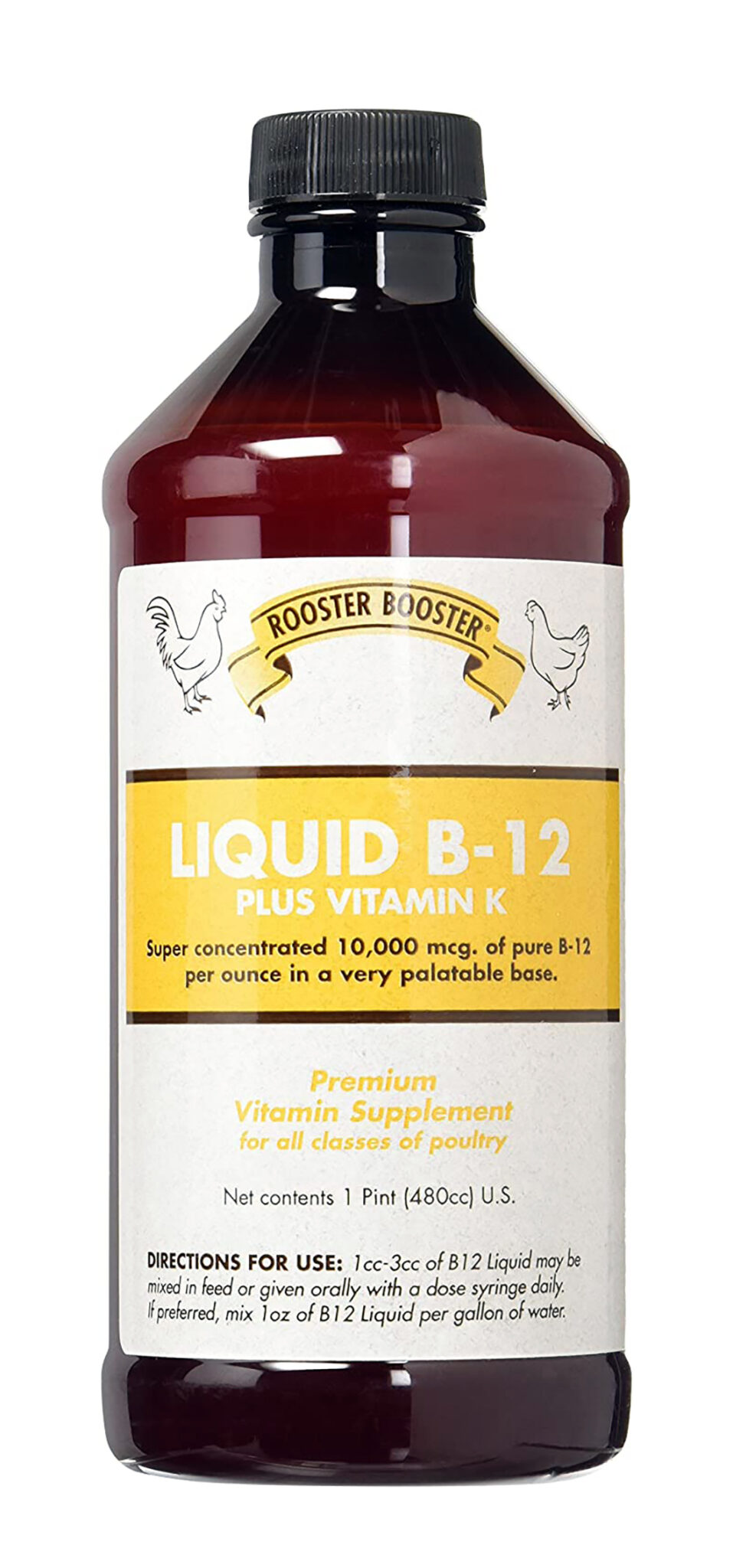
Vitamin B12
Deficiency Hens with vitamin B12 deficiency generally establish scientific indicators connected with nervous system disability, such as leg weakness as well as persons. Other indications include poor feathering as well as decreased hatchability from deficient reproducing moms and dads. Vitamin B12-deficient embryos pass away on concerning day 17.
Vitamin B12 Deficiency Risk Elements Digestive tract malabsorption:
Consists of intestinal conditions influencing the chicken’s small intestine.
Reduced stomach acid manufacturing:
Provides a suitable atmosphere for the overgrowth of anaerobic germs in the bird’s stomach, which better hinders vitamin B12 absorption.
Sources of Vitamin B12
Commercial resources of vitamin B12 are created from fermentation products, as well as it is available as cyanocobalamin. Vitamin B12 is only slightly conscious warm, oxygen, dampness as well as light. Nutritional Recommendations for Vitamin B12 in Hens
Feeding Too much Vitamin B12
Vitamin B12 is relatively nontoxic when fed in high amounts. Dietary levels more than 100 times the requirement have been shown safe in most animals.
Clinical Signs
Stunted growth
Loss of appetite
Poor feather quality
Reduced egg size
Decreased hatchability
| Image | Product | Top rated |
Rooster Booster 1.25-Pound  | Poultry Booster
| Check Price |
Rooster Booster 16-Ounce  | Poultry Cell
| Check Price |
Rooster Booster 16-Ounce 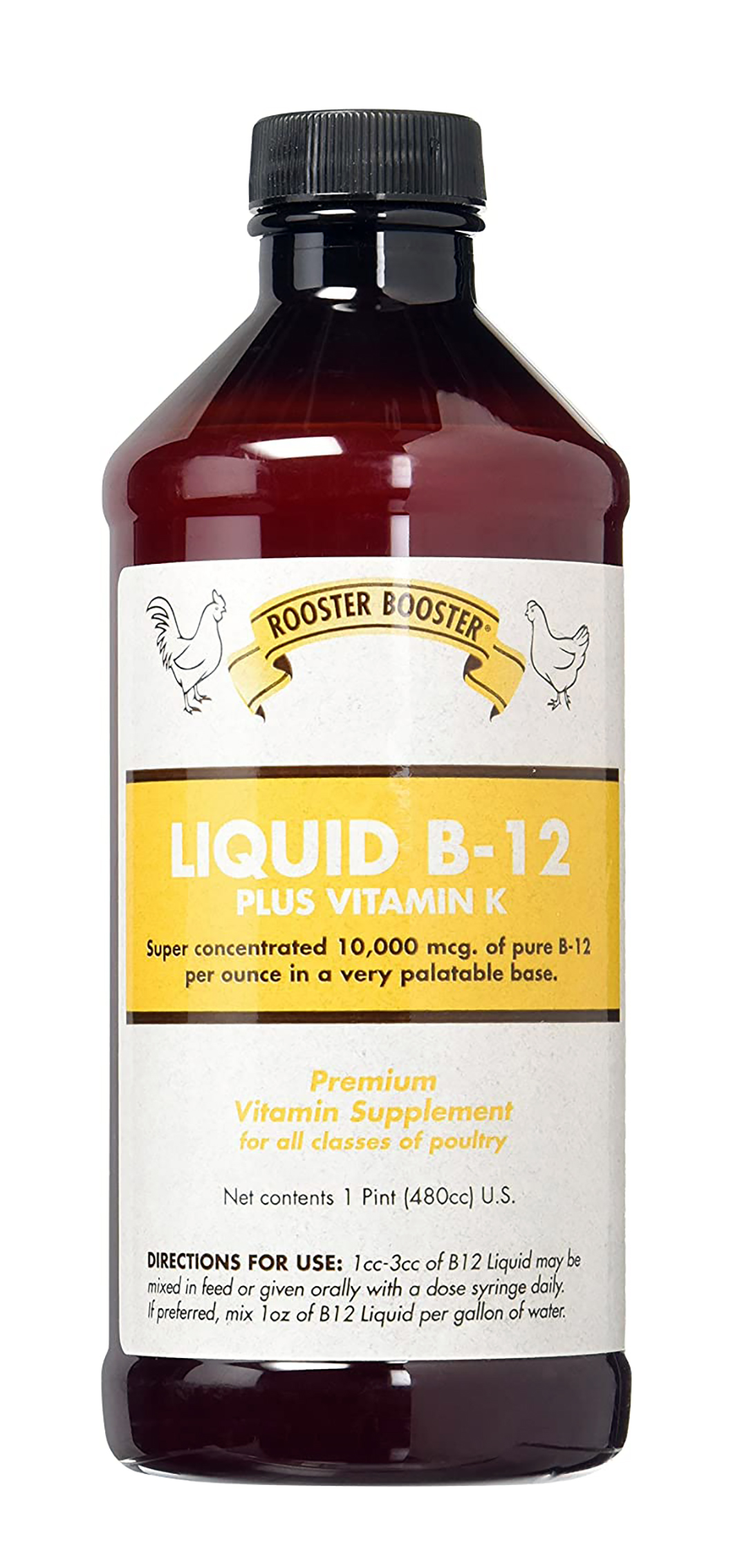 | B-12 Liquid
| Check Price |
Formulated with Vitamins & Minerals 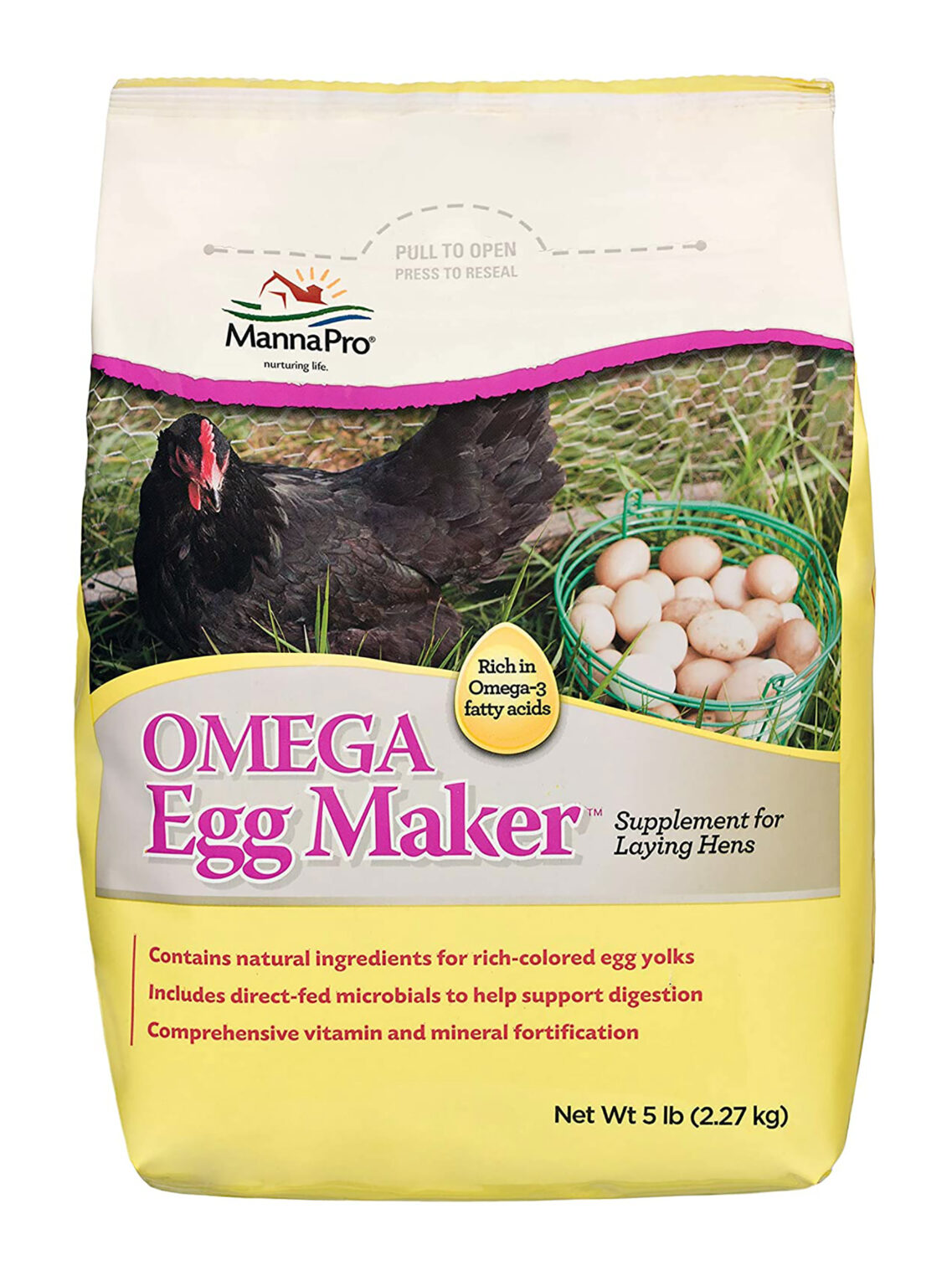 | Omega Egg Maker
| Check Price |
High in nutrients | 8 LB  | 16% with Probiotic Pellets
| Check Price |
1. DSM in Animal Nutrition & Health. Vitamin B12 DSM (2017) 2DSM in Animal Nutrition & Health.
2. DSM Vitamin Supplementation Guidelines 2011 DSM (2017) 3Jones, Michael P., and Susan E. Orosz. Overview of avian neurology and neurological diseases. Seminars in Avian and Exotic Pet Medicine. Vol. 5. No.
3. WB Saunders (1996) 4Dickerman, Herbert, et al.. The role of vitamin B12 in methionine biosynthesis in avian liver Journal of Biological Chemistry 239.8 (1964)
Reed more from prestigequeen:
Contents

Rooster Booster Poultry Booster, 1.25-Pound
I expect it relies on your assumptions for this item – I found it fit my demands completely. Hens began laying smallish eggs, no hard shells, eating the eggs that were laid. I figured they needed a supplement and also boy did this product fit the costs. Say goodbye to soft shells, bigger eggs – more eggs and also no more pecking on eggs that we had not gathered. Altogether, it was a fantastic increase to our women – am buying once more. Likewise used various other products by exact same firm for different reasons and also had excellent outcomes. I think they know what they are doing. Thank you !!
B12 My chicken gets fed a little dose every morning with a plastic syringe. She’s a bit fussy for the majority of vitamins however not as much for this. She needs to like the preference.